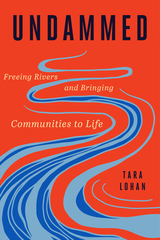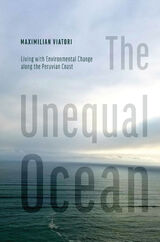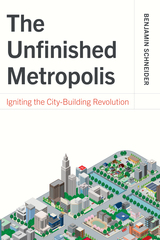
If there is such a thing as essential reading in metaphysics or in philosophy of language, this is it.
Ever since the publication of its original version, Naming and Necessity has had great and increasing influence. It redirected philosophical attention to neglected questions of natural and metaphysical necessity and to the connections between these and theories of reference, in particular of naming, and of identity. From a critique of the dominant tendency to assimilate names to descriptions and more generally to treat their reference as a function of their Fregean sense, surprisingly deep and widespread consequences may be drawn. The largely discredited distinction between accidental and essential properties, both of individual things (including people) and of kinds of things, is revived. So is a consequent view of science as what seeks out the essences of natural kinds. Traditional objections to such views are dealt with by sharpening distinctions between epistemic and metaphysical necessity; in particular by the startling admission of necessary a posteriori truths. From these, in particular from identity statements using rigid designators whether of things or of kinds, further remarkable consequences are drawn for the natures of things, of people, and of kinds; strong objections follow, for example to identity versions of materialism as a theory of the mind.
This seminal work, to which today's thriving essentialist metaphysics largely owes its impetus, is here published with a substantial new Preface by the author.
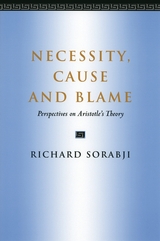
“Necessity, Cause and Blame would be counted by all as one of Sorabji’s finest. The book is essential for philosophers—both specialists on the Greeks and modern thinkers about free will—and also compelling for non-specialists.”—Martha Nussbaum
“Original and important . . . The book relates Aristotle’s discussions to both the contemporary debates on determinism and causation and the ancient ones. It is especially detailed on Stoic arguments about necessity . . . and on the social and legal background to Aristotle’s thought.”—Choice
“It is difficult to convey the extraordinary richness of this book. . . . A Greekless philosopher could read it with pleasure . . . At the same time, its learning and scholarship are enormous.”—G. E. M. Anscombe, Times Literary Supplement
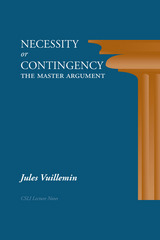
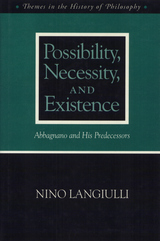
In this systematic historical analysis, Nino Langiulli focuses on a key philosophical issue, possibility, as it is refracted through the thought of the Italian philosopher Nicola Abbagnano. Langiulli examines Abbagnano's attempt to raise possibility to a level of prime importance and investigates his understanding of existence. In so doing, the author offers a sustained exposition of and argument with the account of possibility in the major thinkers of the Western tradition—Plato, Aristotle, Kant, and Kierkegaard. He also makes pertinent comments on such philosophers as Diodorus Cronus, William of Ockham, Spinoza, Hobbes, and Hegel, as well as such logicians as DeMorgan and Boole.
Nicola Abbagnano, who died in 1990, recently came to the attention of the general public as an influential teacher of author Umberto Eco. Creator of a dictionary of philosophy and author of a multiple-volume history of Western philosophy, Abbagnano was the only philosopher, according to Langiulli, to argue that "to be is to be possible."
Even though the concept of probability and the discipline of statistics are grounded in the concept of possibility, philosophers throughout history have grappled with the problem of defining it. Possibility has been viewed by some as an empty concept, devoid of reality, and by others as reducible to actuality or necessity—concepts which are opposite to it. Langiulli analyzes and debates Abbagnano's treatment of necessity as secondary to possibility, and he addresses the philosopher's conversation with his predecessors as well as his European and American contemporaries.
In the series Themes in the History of Philosophy, edited by Edith Wyschogrod.
READERS
Browse our collection.
PUBLISHERS
See BiblioVault's publisher services.
STUDENT SERVICES
Files for college accessibility offices.
UChicago Accessibility Resources
home | accessibility | search | about | contact us
BiblioVault ® 2001 - 2025
The University of Chicago Press



